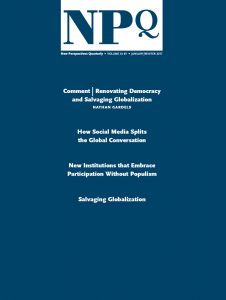What Are Challenges from COVID-19 to Internationalization of HE and Global Responses?
The COVID-19 pandemic has posed challenges to many aspects of higher education (HE), with a particularly obvious and profound impact on the internationalization of HE These challenges range from the restrictive cross-border movement of students and academics to various forms of international collaboration in teaching and research [i]. Moreover, earlier studies suggested that, the pandemic of 2020 would affect some countries and systems more radically than others [ii] [iii] [iv]. For example, the challenge from the pandemic to countries such...




















